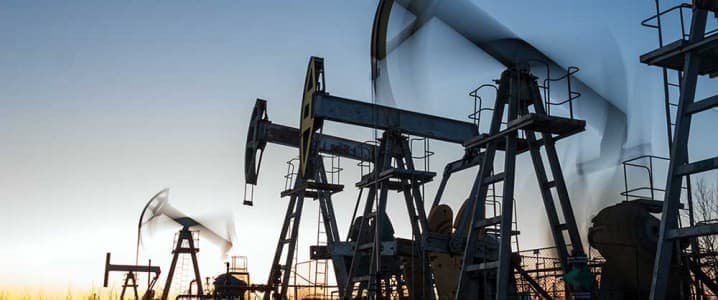Oil companies could get caught in a stranded asset trap worth $500 billion, environmental think tank Carbon Tracker said in a new report this week.
According to the report, “Surging oil prices may tempt oil and gas companies to make long-term investment decisions that cost shareholders dearly, but a cautious “managed” approach to the energy transition would do most to preserve shareholder value and help society achieve climate goals.”
The authors noted the recent surge in oil prices but cautioned Big Oil about letting it go to their heads because climate commitments made by governments and the assumed wider adoption of EVs will soon reverse the oil demand growth trend.
At the same time, however, the mining and commodities industries are warning of rising prices for metals and minerals, both essential for solar, wind, and electric cars. At the recent Future Minerals Forum in Saudi Arabia, for instance, Barrick’s CEO Mark Bristow projected that the copper market could swing into a shortage, while Christopher Ecclestone, strategist and principal at Hallgarten & Company, said metals and minerals prices are on a stable upward trajectory and they are not coming back.
The rising costs of raw materials have already begun to affect the renewable energy and EV industry, making their products costlier and reducing the number of people willing to switch to a lower-carbon alternative to fossil fuels. It has also jeopardized the progress of the energy transition, according to analysts, raising the price tag substantially.
Even so, according to the lead author of the Carbon Tracker report, “Companies may see high prices as a huge neon sign pointing towards investment in more supply. However, this could become a nightmare scenario if they go ahead with projects which deliver oil around the time that demand starts to decline. Shareholders could face catastrophic levels of value destruction as prices fall.”
By Irina Slav for Oilprice.com
More Top Reads From Oilprice.com:
- It’s Full Speed Ahead For The World’s Most Exciting Oil Play
- Tight Physical Crude Market Points To Higher Oil Prices
- Brent Breaks $90 On Strong Fundamentals, Russia-Ukraine Crisis


















Oil will continue to drive the global economy throughout the 21st century and probably far beyond. Moreover, the global demand for oil is projected to continue growing well into the future (albeit at a decelerating rate) underpinned by a world population projected to rise from 7.9 million currently to 9.7 billion by 2050 and a global economy projected to grow from $91 trillion now to $245 trillion by 2050.
To satisfy global oil demand, the global oil industry and the major oil-producing countries will have to invest heavily in oil exploration and production capacity without which crude oil prices will skyrocket. However, to attract the investments needed, we need higher oil prices.
The global economy benefits a lot from reasonably high oil prices but it will tell the world in no uncertain terms when a certain price level will harm it exactly as it did when Brent crude hit $147 a barrel in 2008 and almost brought the global economy to its knees. A fair Brent crude oil price, in my opinion, ranges from $110-$130 a barrel.
The global economy is made up of three major chunks: (i) global investments; (ii) the global oil industry and (iii) the economies of the oil-producing countries all of which are stimulated by rising oil prices.
Dr Mamdouh G Salameh
International Oil Economist
Visiting Professor of Energy Economics at ESCP Europe Business School, London
Geopolitics especially happens when energy is not home-grown, and is subject to the whims of autocratic government. To carry it one step further, what happens when the profits of selling fuel go into building large autocratic armies?
So I ask, what is the big picture around our energy choices?